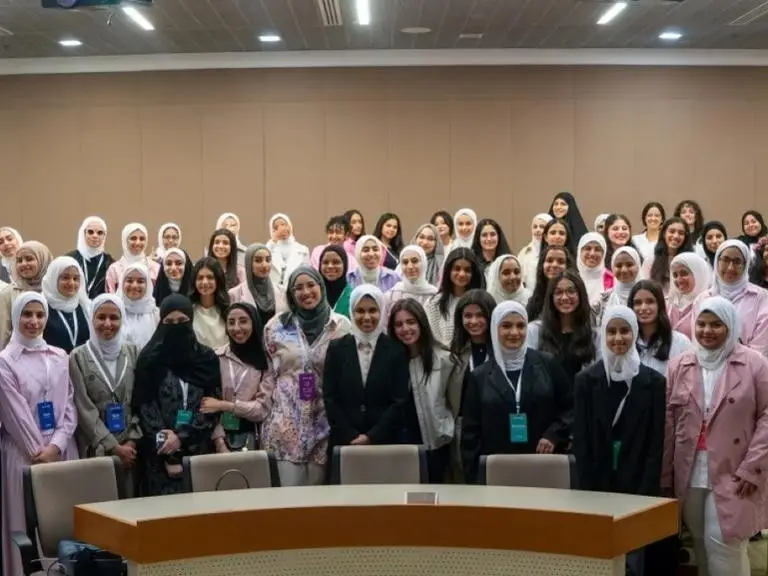Sri Lanka’s information and communications technology (ICT) sector has welcomed the government’s bold decision to establish a dedicated Digital Economy Ministry, calling it a crucial move towards achieving the country’s digital economy strategy. The strategy aims to transform Sri Lanka into a global digital hub, generating $15 billion in economic value from digital initiatives by the end of the decade.
The Federation of Information Technology Industry Sri Lanka (FITIS) commended the government for recognizing digital technology as a key pillar of national development. The organization emphasized that this ambitious target reflects the government’s commitment to leveraging digital innovation to build economic resilience in the 21st century.
FITIS expressed confidence that the creation of the new ministry will allow Sri Lanka to capitalize on the opportunities provided by the global digital revolution, promoting innovation, investment, and inclusive growth. FITIS Chairman, Indika De Zoysa, praised the president’s decision to personally assume the role of Digital Economy Minister, highlighting his commitment to prioritizing technology-driven development. “This engagement at the highest level of government sends a powerful message about the importance of digital transformation in Sri Lanka’s growth strategy,” said De Zoysa.
The ministry, with a deputy minister in place to ensure operational efficiency and stakeholder engagement, is poised to achieve the goals outlined in the digital economy strategy. Central to this vision is the target of $15 billion, emphasizing the digital economy’s potential to generate jobs, increase productivity, and attract foreign investment.
FITIS stressed that achieving this ambitious goal will require a collaborative effort from the government, private sector, academia, and civil society. The organization reaffirmed its support for the ministry, offering strategic advice, fostering partnerships, and promoting Sri Lanka’s ICT capabilities on international platforms.
Drawing inspiration from global success stories such as Singapore, Estonia, and the UAE, FITIS highlighted the transformative power of dedicated digital ministries in driving economic growth. By adapting these models to Sri Lanka’s unique needs, the country has the potential to lead digital innovation in the South Asian region.
“With the right strategies, partnerships, and investments, Sri Lanka is well-positioned to unlock the full potential of the digital economy, paving the way for a prosperous and inclusive future,” De Zoysa concluded.















